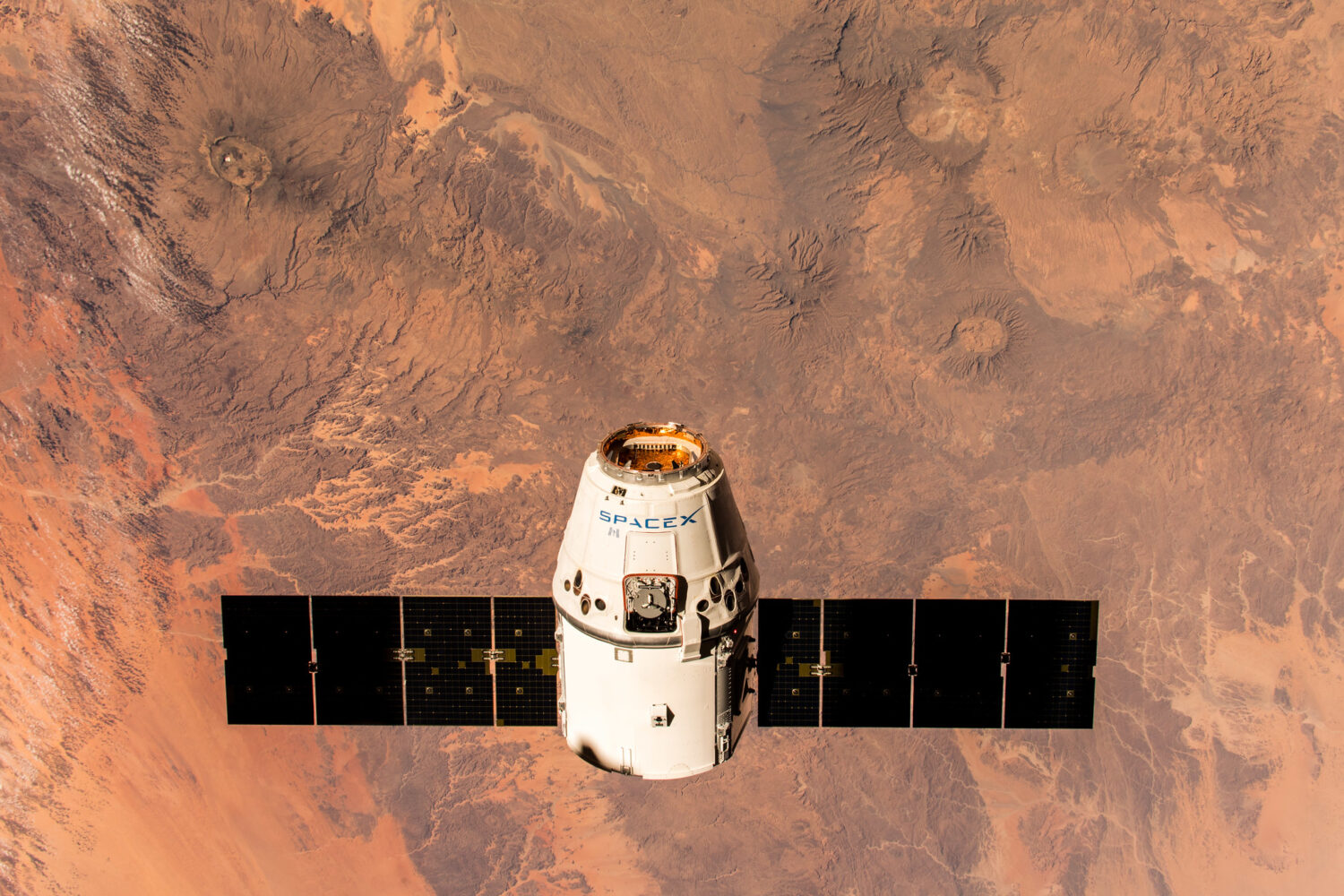On Nov. 14, 2020, SpaceX launched their newest Falcon 9 rocket. This SpaceX launch came just one month after Blue Origin’s Oct. 13 New Shepard launch. The reason that these launches were even possible in the first place is due to the Federal Aviation Administration (FAA) loosening restrictions on what a private entity must do prior to a rocket launch. Beyond the conditions of the launch, there also exists a dearth of satellite regulations, which has allowed SpaceX to send out Starlink satellites. As Elon Musk’s SpaceX and Jeff Bezos’ Blue Origin ramp up their privatized space endeavors, the United States federal government needs to implement regulations for launches and space activity now while private space activity is in its relative infancy so that the potential harm does not become irreversible.
Contrary to what private space companies claim, there is no trade-off between the scientific benefits of space travel and any regulation that would make it safer. In 2017, SpaceX President and COO Gwynne Shotwell argued that, “If we want to achieve rapid progress in space, the U.S. government must remove bureaucratic practices that run counter to innovation and speed.” This, however, is a specious argument that attempts to decry all government action as negative. Instead, as former FAA associate administrator George Nield argued, it is better to impose regulations now, prior to any major tragedy, rather than later, potentially after a test launch has detrimental consequences. These potential negative consequences are not theoretical. One such example happened in 2014 when Virgin Galactic had one of its test pilots die in a tragic accident. As privatized rocket launches become more common in this era of deregulation, tragedies, such as the 2014 Virgin Galactic one, could occur more often. From this lens, a comprehensive government framework on private space activity is inevitable, but time is of the essence. As promising as the space industry might be, it ought not come at the cost of human lives.
Another regulation in desperate need of modern revamping is the 1967 Outer Space Treaty, which is currently responsible for oversight of satellites. In 2019, one of SpaceX’s Starlink satellites almost collided with a European Space Agency (ESA) satellite. One factor that could have made this incident potentially more dangerous is the lack of regulation for conduct between satellite operators. In the five days prior to the incident — when SpaceX knew that a collision would be a possibility — they did not have any contact with the ESA. They did not violate any law with this omission of communication, and such a lack of required communication might be a problem for the future. Given the potential for an incident like this to occur in the future, it is imperative to set a firm precedent to establish safety protocols in case of an impending satellite collision.
Additionally, laws managing satellite brightness and location need to be established to further pursue astronomical knowledge. University of Virginia astronomy professor Kelsey Johnson has observed that SpaceX’s Starlink satellites are excessively bright, not located in predictable orbits, and will continue to increase in numerical density. These facets of Starlink satellites have hindered astronomers’ efforts to observe space. Johnson’s view has been echoed by many others in her field including University of California Davis astronomer Tony Tyson who fears that “every square degree will have something crawling in it.” Tyson’s apprehensions underscore why the issue of private space regulation is a time-sensitive issue that has to be addressed before a problem becomes too difficult to manage. If one aim of space travel is ultimately to learn more about the world around us, then it seems counterproductive to allow privatized space companies to undermine that pursuit of knowledge.
The 2020s decade could end up being a pivotal one in the future of outer space exploration and more specifically the role that private companies will play in that dynamic. Calls for regulation will be an inevitability in this process, but it is important for a well-thought-out framework to be established before any potential further tragedy occurs. Any comprehensive government action on privatized space travel should not compromise the more noble aspects of space exploration. In fact, it should strengthen those aspects through improving astronomers’ abilities to do research.
Image Credit: “SpaceX Dragon 16” by Astro_Alex is licensed under CC BY-SA 2.0



